In ‘American Fiction,’ a witty comedy-drama crafted by debut feature director Cord Jefferson, the narrative unfolds around a disillusioned novelist-professor. Frustrated and driven by jest, the protagonist pens a wildly stereotypical “Black” book in a fit of spite. Much to his surprise, the manuscript gains unexpected traction, catapulting him into the limelight with widespread fame and acclaim. The film, a cinematic adaptation of Percival Everett’s 2001 novel ‘Erasure,’ boasts a stellar cast featuring Jeffrey Wright, Tracee Ellis Ross, Issa Rae, and Sterling K. Brown. As the quirky tale navigates the consequences of unintended success, ‘American Fiction’ blends humor and insight, offering a satirical exploration of literary identity. Here are 10 movies similar to ‘American Fiction’ you should check out.
1o. Thank You for Smoking (2005)
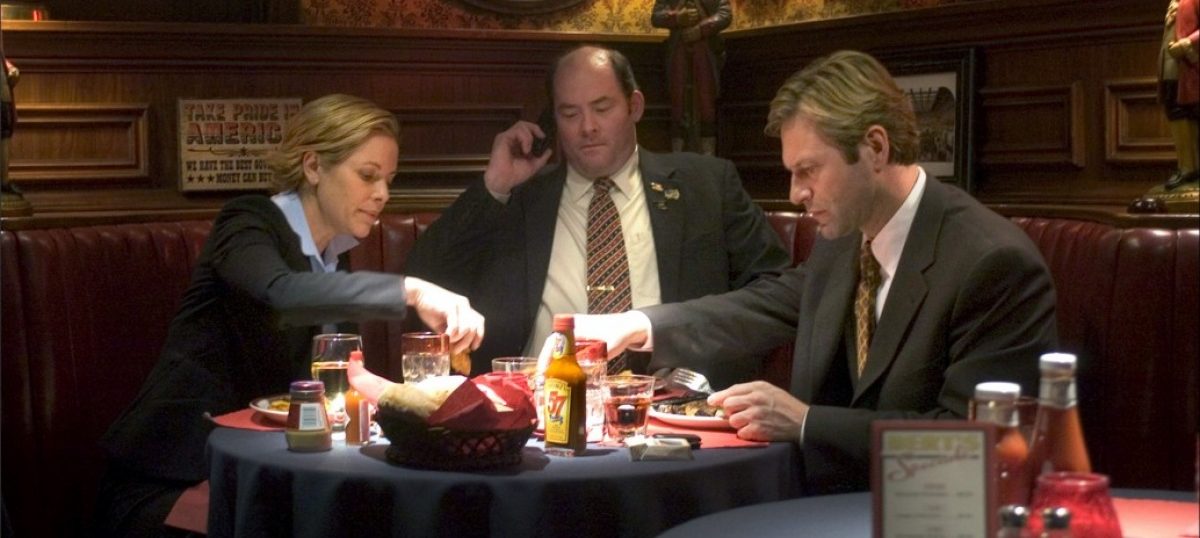
In the satirical comedy film ‘Thank You for Smoking,’ directed by Jason Reitman, the narrative centers on Nick Naylor (Aaron Eckhart), a charismatic tobacco lobbyist adept at spinning arguments. The cast includes Maria Bello, Cameron Bright, and Katie Holmes. Drawing parallels to ‘American Fiction,’ both films delve into the unexpected consequences of manipulating narratives—be it through writing a controversial book for spite or defending the tobacco industry with charisma. While ‘American Fiction’ explores literary fame, ‘Thank You for Smoking’ hilariously navigates the world of persuasive storytelling in the realm of public relations, connecting the dots between creativity, satire, and societal impact.
9. The Hospital (1971)
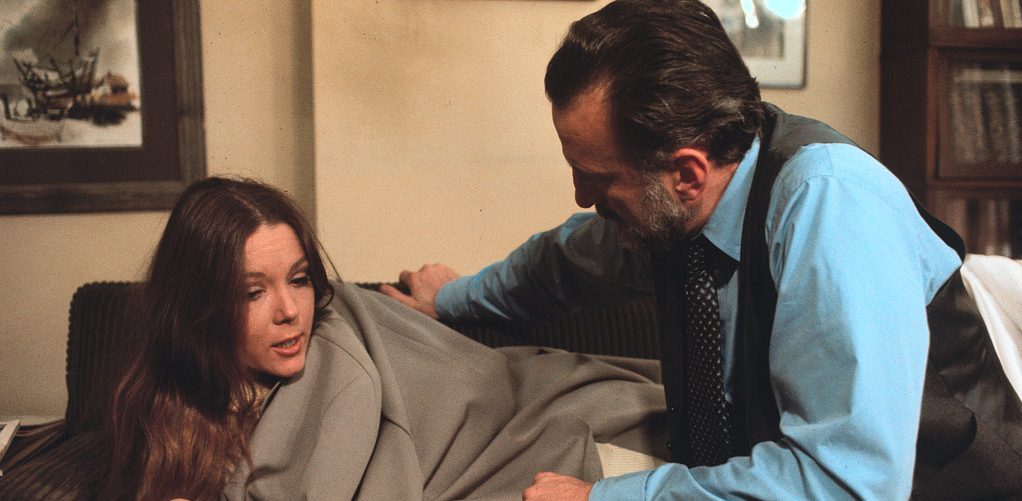
‘The Hospital,’ directed by Arthur Hiller, unfolds as a darkly comedic masterpiece, with George C. Scott portraying the beleaguered Dr. Herbert Bock amidst the chaos of a medical landscape rife with absurdities. The ensemble cast, featuring talents like Diana Rigg and Barnard Hughes, skillfully brings to life a satirical exploration of the healthcare system’s flaws. This film, while rooted in humor and societal critique, draws intriguing parallels to ‘American Fiction.’ Both narratives unravel the unintended consequences of actions, whether in the literary realm or the healthcare setting. ‘The Hospital’ and ‘American Fiction’ wield incisive satire to scrutinize the complexities of modern life.
8. Wonder Boys (2000)
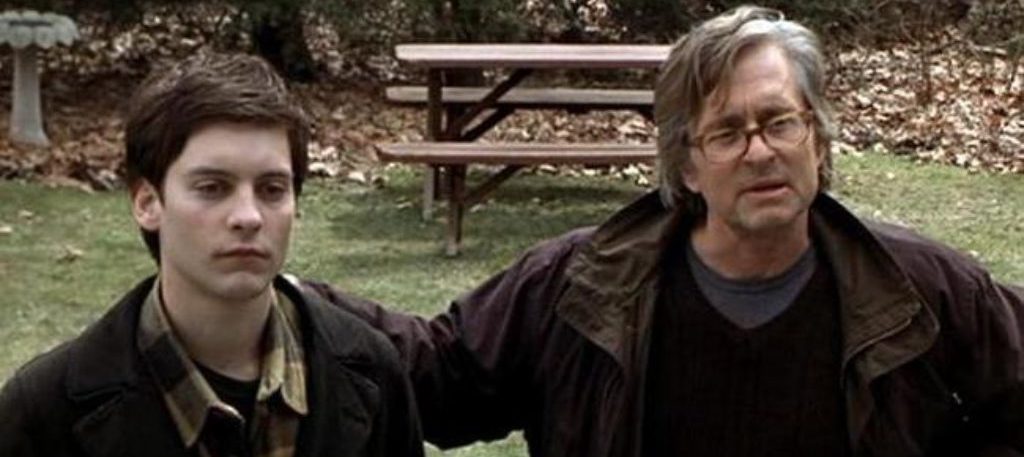
In ‘Wonder Boys,’ directed by Curtis Hanson, the narrative follows Grady Tripp (Michael Douglas), a disheveled and eccentric English professor grappling with a myriad of personal and professional challenges. Based on Michael Chabon’s book, the film’s ensemble cast includes Tobey Maguire, Frances McDormand, and Robert Downey Jr. It explores themes of creativity, writer’s block, and the complexities of relationships. Contrasting with ‘American Fiction,’ ‘Wonder Boys’ delves into the chaotic life of a writer, unraveling the intricacies of his journey amidst literary ambition and personal turmoil. While ‘American Fiction’ humorously explores unintended literary success, ‘Wonder Boys’ navigates the labyrinth of a writer’s life with a blend of wit, drama, and introspection.
7. Wag the Dog (1997)
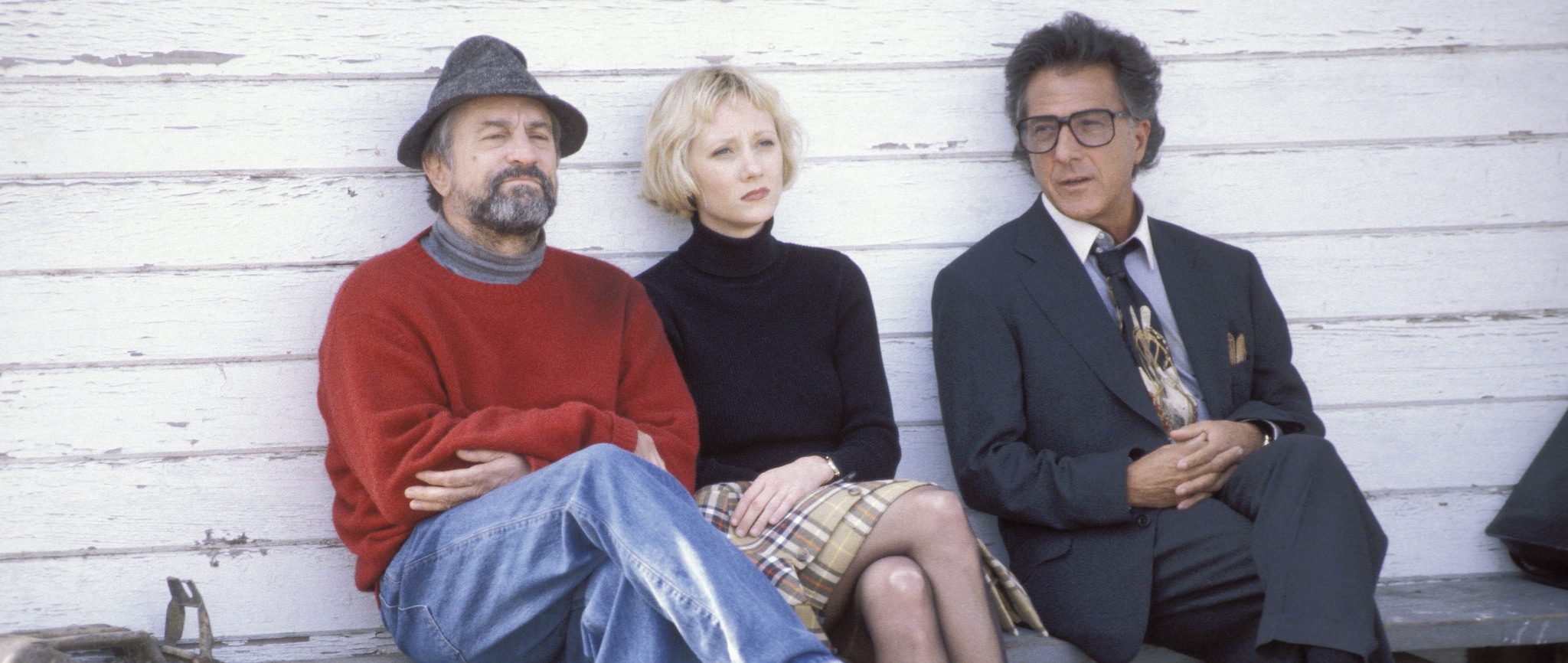
Directed by Barry Levinson and based on Larry Beinhart’s ‘American Hero,’ ‘Wag the Dog’ is a satirical comedy-drama that cleverly weaves p olitical intrigue. Starring Robert De Niro as a spin doctor and Dustin Hoffman as a Hollywood producer, the film follows their efforts to fabricate a war to distract the public from a presidential scandal. Drawing parallels with ‘American Fiction,’ both films delve into the manipulation of narratives for specific agendas—be it creating a fictional war or writing a controversial book. ‘Wag the Dog’ manipulates political narratives, as ‘American Fiction’ humorously unravels the unintended consequences of literary creativity, revealing the potent influence of storytelling on public perception.
6. A Face in The Crowd (1957)

Directed by Elia Kazan from a short story by Budd Schulberg, ‘A Face in the Crowd’ explores the rise and fall of a charismatic media personality (Andy Griffith), revealing the manipulative power of influence. In tandem with ‘American Fiction,’ the film sheds light on the unintended consequences of creative expression, emphasizing how storytelling, whether through media or literature, holds the potential to shape and reshape public perception with profound impact. Both narratives serve as cautionary tales, untangling the complexities of influence and the unforeseen outcomes that arise when the boundaries of storytelling are pushed to their limits.
5. Stranger than Fiction (2006)
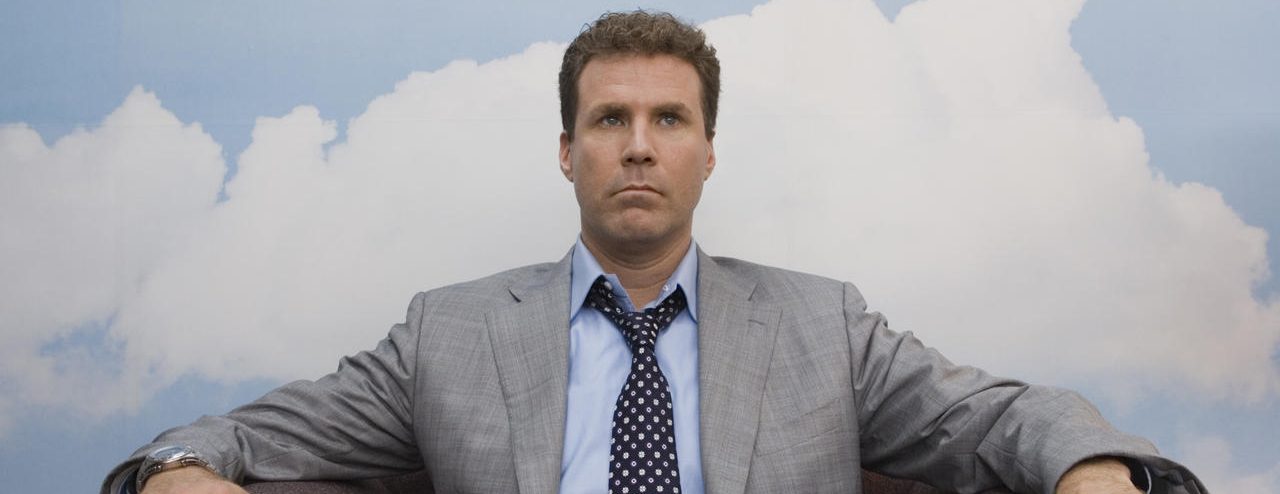
In ‘Stranger than Fiction,’ directed by Marc Forster, the narrative unfolds as Harold Crick (Will Ferrell), discovers he is a character in a novelist’s work, blurring the lines between fiction and reality. Examining the unintended consequences of literary creativity, the film parallels ‘American Fiction’ by humorously exploring the impact of storytelling on personal and fictional lives. Both stories jump into the transformative power of narratives, whether manifested in the quirky intersections of reality and fiction in ‘Stranger than Fiction’ or the uproarious consequences of literary expression in ‘American Fiction,’ showcasing the profound influence of storytelling on the human experience.
4. Borat (2006)

‘Borat,’ directed by Larry Charles and featuring Sacha Baron Cohen’s iconic character, satirizes cultural perceptions through a mockumentary style. In contrast to ‘American Fiction,’ which humorously navigates the unintended consequences of literary creativity, ‘Borat’ employs a candid and provocative approach to expose societal prejudices and biases.
While ‘American Fiction’ explores the repercussions of a controversial book, ‘Borat,’ based on Cohen’s ‘Borat Sagdiyev,’ scrutinizes real-world reactions to staged absurdities, revealing the potency of satire in challenging societal norms. Both films, albeit different in style, use humor as a lens to shed light on cultural complexities and the unpredictability of human behavior when confronted with unconventional narratives.
3. Network (1976)

‘Network,’ directed by Sidney Lumet, captivates audiences who enjoyed ‘American Fiction’ through its incisive exploration of media dynamics. Starring Peter Finch, Faye Dunaway, and William Holden, the film unravels the consequences of news anchor Howard Beale’s unfiltered social commentary. Like ‘American Fiction,’ ‘Network’ employs dark humor to satirize the media landscape, scrutinizing the pursuit of ratings and moral compromises. Both films offer thought-provoking narratives on storytelling’s societal impact, making ‘Network’ an engrossing watch for those drawn to the satirical examination of cultural themes seen in ‘American Fiction.’
2. Adaptation (2002)

For enthusiasts of ‘American Fiction,’ the surreal journey of ‘Adaptation’ beckons. Directed by Spike Jonze and based on ‘The Orchid Thief’ by Susan Orlean, the film stars Nicolas Cage as both the neurotic screenwriter Charlie Kaufman and his flamboyant fictional twin brother, Donald. In this metafictional masterpiece, ‘Adaptation’ ingeniously intertwines reality and fiction as it explores the challenges of adapting a nonfiction book into a screenplay.
With its unique narrative twists and Cage’s brilliant dual performance, the film mirrors the unexpected consequences of creative endeavors, resonating with the thematic depth and humor found in ‘American Fiction.’ ‘Adaptation’ crafts an intellectually stimulating experience, making it a must-watch for those seeking a cinematic exploration of storytelling’s unpredictable realms.
1. Barton Fink (1991)
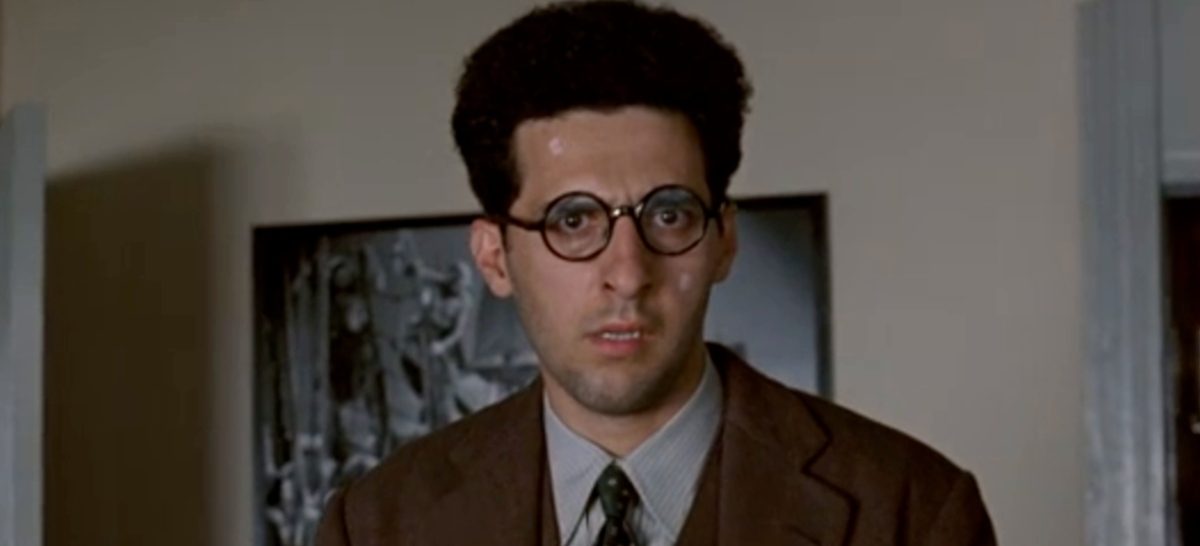
Enter the enigmatic universe of ‘Barton Fink,’ a cinematic labyrinth crafted by the Coen Brothers. Starring John Turturro as the eponymous character, the film explores the cerebral struggles of a playwright in 1940s Hollywood. With its surreal narrative, ‘Barton Fink’ offers a thought-provoking journey that resonates with the satirical nuances of ‘American Fiction.’
Directed by Joel and Ethan Coen, the film artfully blurs the line between reality and imagination. Its dynamic cast, including John Goodman and Judy Davis, elevates the storytelling experience. For aficionados of ‘American Fiction,’ ‘Barton Fink’ beckons as a mesmerizing plunge into the complex annals of creativity, forging an indelible connection between the realms of literature and film.
Read More: American Fiction: Exploring All the Shooting Locations

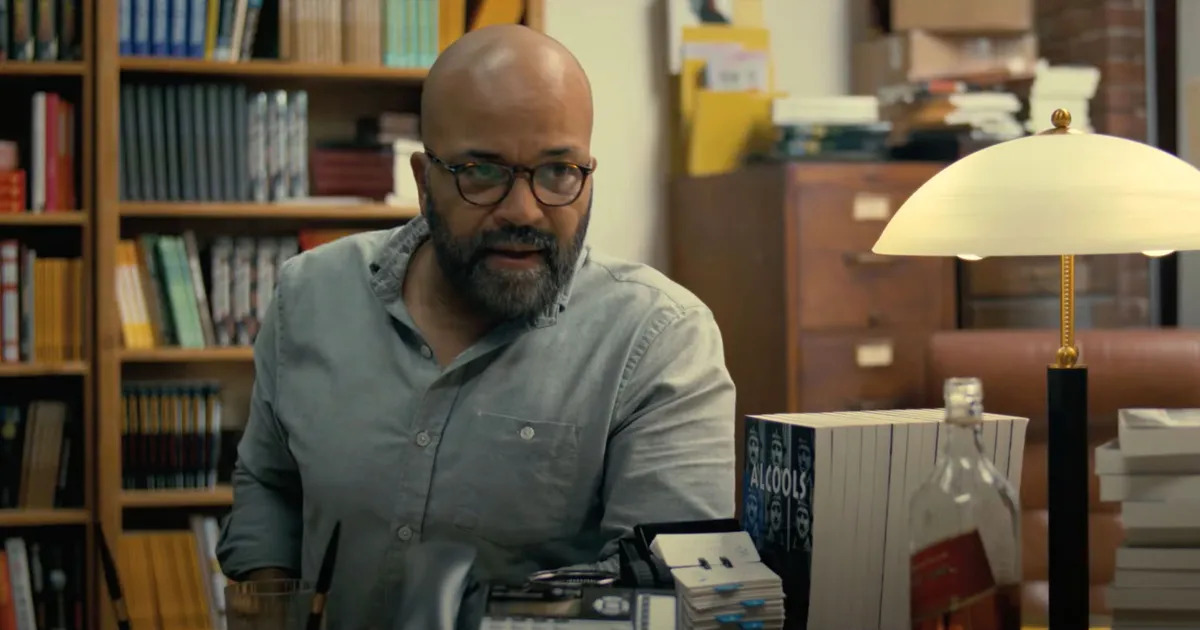
You must be logged in to post a comment.